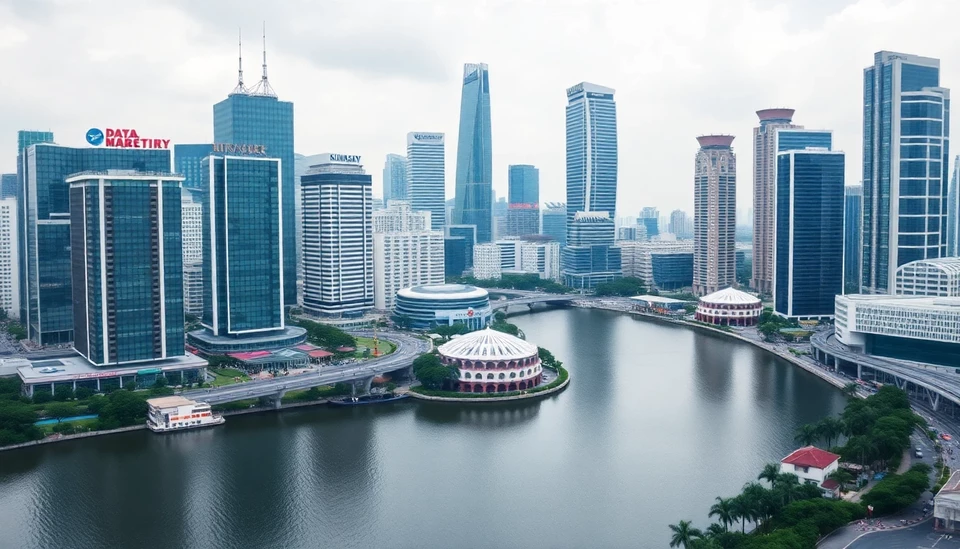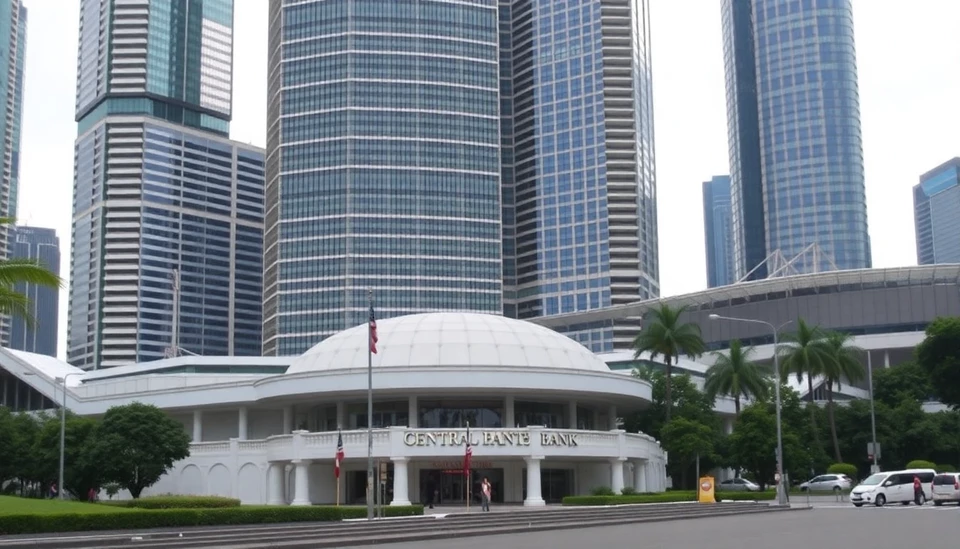
In a recent economic update, Singapore's elevated core inflation figures have compelled the central bank to maintain its rigorous monetary policy stance. Despite a slight dip in overall inflationary pressures, the Monetary Authority of Singapore (MAS) has reiterated its commitment to tightening financial conditions to stabilize price levels in the economy.
The MAS noted that the underlying factors contributing to core inflation remain persistent, with housing and transport costs driving significant price increases. Analysts revealed that core inflation, stripped of accommodation and private transport costs, stood at 4.1% year-on-year as of September, indicating a sustained pressure on consumer prices. This continued rise has sparked a renewed discussion on the effectiveness and necessity of current monetary policies.
In October, the central bank opted to hold the nominal exchange rate policy steady, a choice that many market observers see as essential in combating inflationary trends. The MAS typically uses the exchange rate as its primary tool to control inflation, and the recent decision reflects its intention to manage Singapore's economic slowdown while tackling the ongoing inflation crisis. With the global economic landscape remaining turbulent, including uncertainties surrounding supply chains and geopolitical tensions, Singapore's approach seems to be one of cautious resilience.
Furthermore, MAS officials indicated that while the labor market remains robust and wage growth remains strong, this could further fuel inflation expectations. The authority emphasized that it will continue to monitor economic indicators closely and is prepared to adjust its policy stance if necessary.
Economists are divided on the impact of Singapore's stringent monetary policies. While some believe it is an appropriate measure to combat inflation, others argue that tighter policies could stifle economic growth, particularly in the context of slowing global demand. Nevertheless, with inflation consistently above the MAS's comfort zone, it seems unlikely that any policy easing will occur in the near future, as the risk of inflation anchoring appears significant.
The central bank is now anticipating that core inflation will remain elevated throughout most of 2024, potentially leading to ongoing policy adjustments. In the face of these economic challenges, Singapore's officials remain steadfast in their commitment to ensuring economic stability while addressing the needs of its consumers.
As uncertainty looms over global markets, Singapore stands at a crossroads with its monetary policy, balancing inflation control with the necessity of supporting economic growth—a challenge that will require careful navigation in the months ahead.
#Singapore #CoreInflation #MonetaryPolicy #Economy #Finance #MAS #InflationControl #EconomicStability
Author: Daniel Foster




